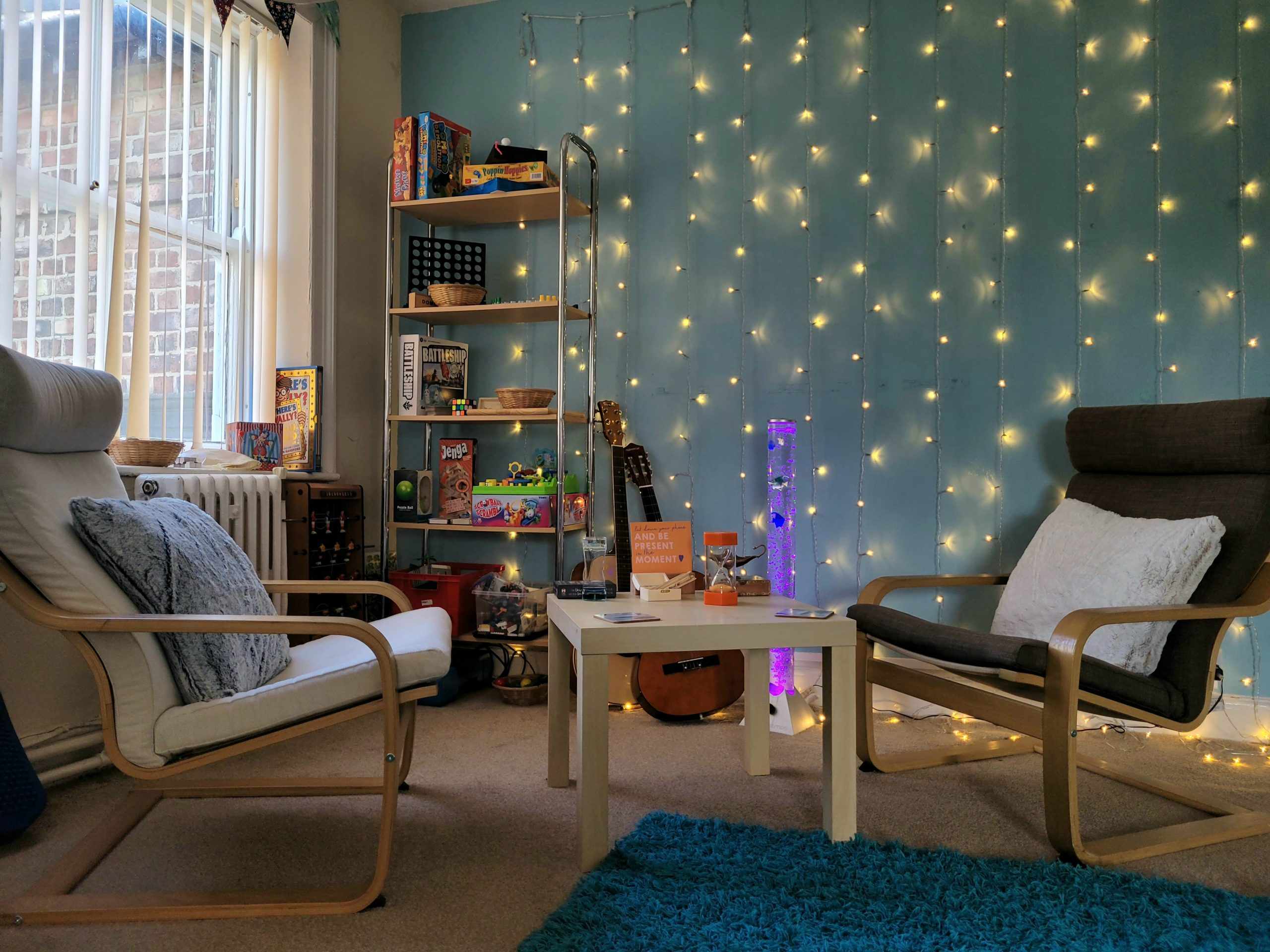Juniper Therapy
Juniper Therapy is an integrated therapy service at Chaigeley School that helps support the SEMH needs of pupils through direct intervention. Juniper Therapy offers Play & Creative Arts Therapy, Counselling, Speech and Language Therapy, Drawing & Talking and Therapeutic Sport Coaching.

Our Mission

Our vision is to support the mental health and social communication needs for individuals while promoting their independence and overall wellbeing. As we have a team of diverse professionals, we give our clients access to a variety of tailored therapies which are best suited to them and their family’s needs. We also offer support and provide advice for staff and the wider community.
Our Therapy Team
Juniper Therapy is made up of a team of dedicated professionals who are passionate in helping support individuals emotional and social communication needs. Through referrals and assessments, our team can use person-centred approaches to plan and deliver the best appropriate interventions for individuals.

Robyn Shevlin
Therapy Lead and Play Therapist

Clair Brewer
Therapeutic Counsellor and Family Support worker

Emma Ingham
SEMH Specialist practitioner

Kathryn Murrel
Speech and Language practitioner

Holly
Therapy Dog
Juniper Therapy news
Therapy Newsletters:
Play and Creative Arts Therapy
Robyn Stuart – Play Therapist.
The purpose of Play & Creative Arts Therapy in schools is to help children and young people improve in their ability to learn by alleviating their emotional, behavioural and mental health problems.
What is Play & Creative Arts Therapy?
-
A method of helping children with emotional, social and behavioural problems to help themselves.
-
It’s a way of individuals processing and expressing thoughts, feelings and experiences when words fail them.
-
Play is the child’s natural medium of self-expression – it’s essential for development.
-
An opportunity to ‘play out’ and express their feelings and problems within a therapeutic setting, with a therapeutic aim, using their natural medium of self-expression – Play.
-
Play & Creative Arts Therapy is about enabling potential.
A play Therapist is integrative. The approach encompasses expressive therapies which is essential for development and uses such therapeutic media as: sand, art, clay, movement, drama, music and puppets.
The therapist provides a free and protected space for the person to express themselves physically and verbally through play & expressive arts.

Therapeutic Counselling
Clair Brewer – Therapeutic Counsellor and Family Support Worker.
Therapeutic Counselling is a holistic intervention and focuses on the whole child and therefore the counsellor uses child/person-centred approaches. Therapeutic Counselling is child-led and non-directive allowing the pace of the work to be determined by that of the child.
In all sessions, the counsellor provides a free and protected space for a child to express themselves fully both physically and verbally. In Therapeutic Counselling the child does this through talking and the use of other therapeutic tools. The counsellor supports the work by building a trusting rapport with the child so that when the child feels comfortable therapeutic work can be carried out.
Speech and Language Therapy (SALT)
Kathryn Murrel – Speech and Language practitioner.
Emma Ingham – SEMH Specialist practitioner.
What is speech and language therapy?
Speech and language therapists/practitioners work with children and young people with speech, language and/or communications difficulties. They do this by assessing an individual’s needs and devising an intervention plan which facilitates the gaining and development of skills.
We can provide assistance with general and specialist areas of speech and language therapy such as:
-
attention and listening
-
understanding what others say
-
using first words and putting sentences together
-
remembering which words to use and what they mean
-
knowing how to use communication in social situations
Drawing and Talking Therapy
Emma Ingham – SEMH Specialist practitioner.
Drawing and Talking allows individuals to discover and communicate emotions through a non-directed technique.
-
Creates a safe space: 30 minutes on the same day, time and place each week, during a 12-week intervention.
-
Non-intrusive and over time a symbolic resolution is found to conflicts and trauma begins to heal.
-
One-to-one sessions to create secure attachments
-
Work with an individual is carried out safely and nonintrusive, with respect for their pace and their state of being.
-
Guides them through the world of dream and fantasy
-
Based on Jungian principles, they will be guided through the power of healing when working with the unconscious.
-
After completion of the Drawing and Talking therapy, individuals are more able to control their behaviour and most importantly have higher self-esteem, allowing them to thrive in the world around them.





















